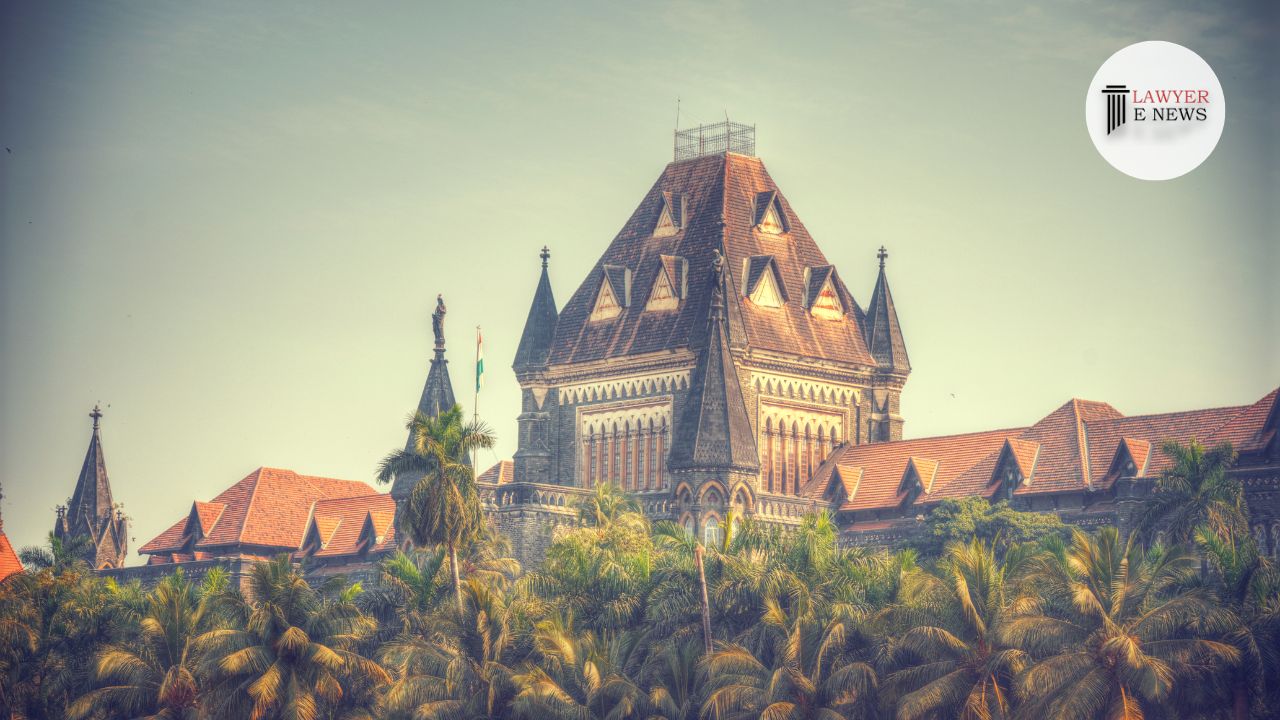-
by Admin
15 February 2026 5:35 AM



In recent judgement, the Bombay High Court delivered a significant judgment in the case of Ramesh Krishna Gopnur vs. State of Maharashtra, affirming the conviction and life imprisonment sentence of Ramesh Krishna Gopnur for sexually assaulting five minor girls over two years. The court underscored the credibility of the victims' testimonies and the corroborating medical evidence, setting a crucial precedent for cases under the Prevention of Children from Sexual Offences (POCSO) Act.
Ramesh Krishna Gopnur, an agriculturist and resident of Vasai, Thane, was accused of sexually assaulting five girls aged between 8 to 13 years from the same village. The assaults went on for approximately two years before being discovered. Following an eyewitness account by PW6, the complainant (PW7) lodged an FIR against Gopnur, leading to his conviction by the Additional Sessions Judge, Vasai Thane, on March 29, 2014. He was sentenced to life imprisonment under Section 376(f) of the Indian Penal Code and rigorous imprisonment under the POCSO Act.
The primary legal questions involved offenses under Section 376(f) and Section 506 of the Indian Penal Code, alongside Sections 4 and 8 of the POCSO Act. The defense argued false implication due to a family dispute and questioned the delay in reporting the assaults. However, the prosecution presented testimonies from the victims and medical evidence, arguing that the delay did not diminish the credibility of the victims.
The High Court meticulously reviewed the evidence, including testimonies from the five survivors (PW1-PW5) and the eyewitness (PW6). Each victim detailed the assaults, describing how Gopnur would lure them to isolated places, sexually assault them, and threaten them into silence. The court noted the consistency in the victims' accounts and the lack of any challenge to their ages or medical evidence in cross-examination.
Medical examination reports confirmed signs of sexual assault on the victims, with hymenal tears and indications of chronic vaginal penetration. The court found the testimonies credible and corroborated by medical findings, stating that "the evidence of each of the victim girls inspires confidence."
Furthermore, the court held that Gopnur failed to rebut the presumption under Section 29 of the POCSO Act, which shifts the burden of proof onto the accused in sexual offense cases involving minors.
The Bombay High Court dismissed the appeal, upholding Gopnur's conviction and the sentence imposed by the trial court. This judgment reinforces the legal framework for the protection of children under the POCSO Act, emphasizing the importance of the victims' testimony and medical evidence in sexual assault cases.
Date of Decision: September 11, 2024
Ramesh Krishna Gopnur vs The State of Maharashtra
